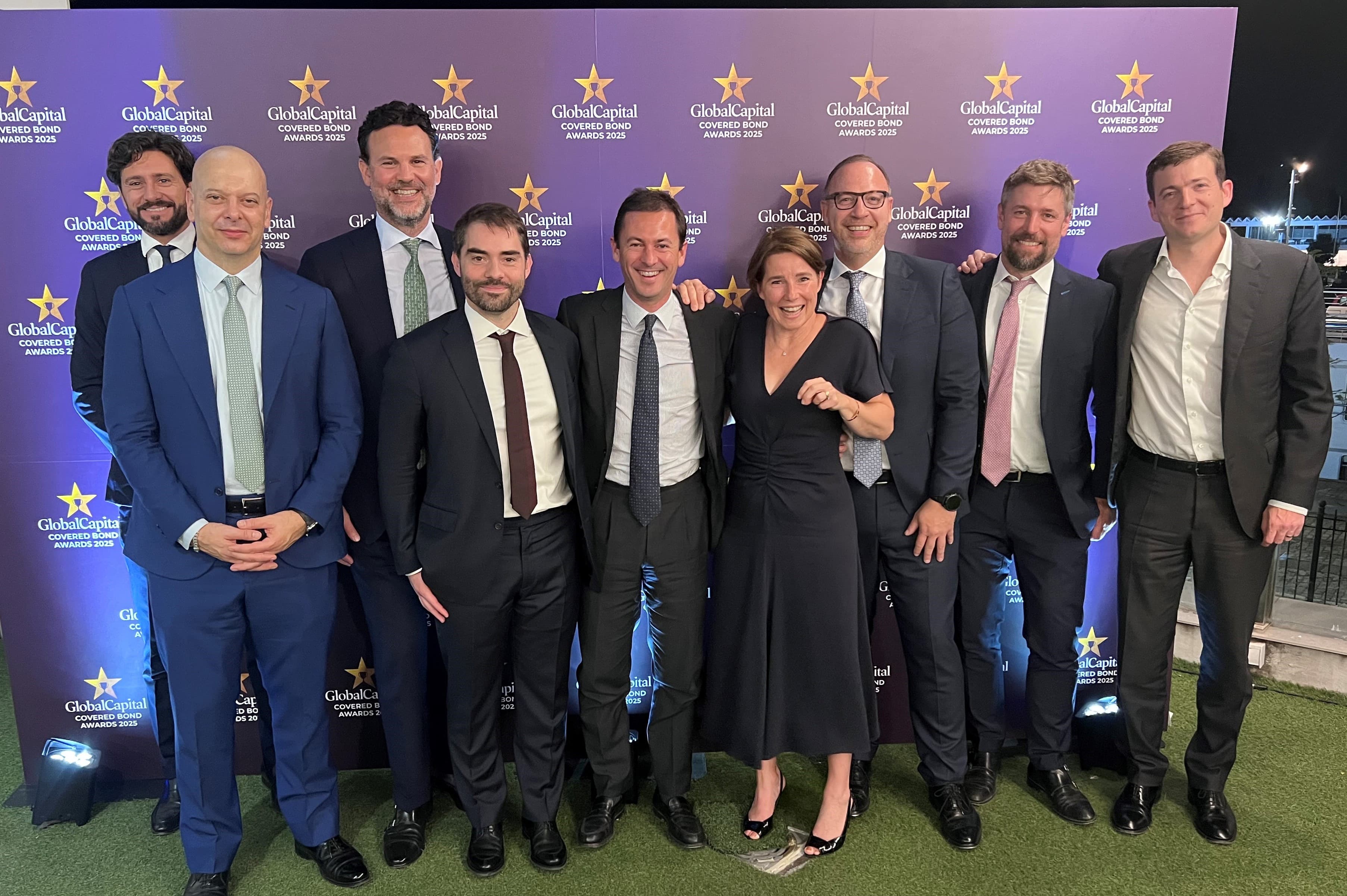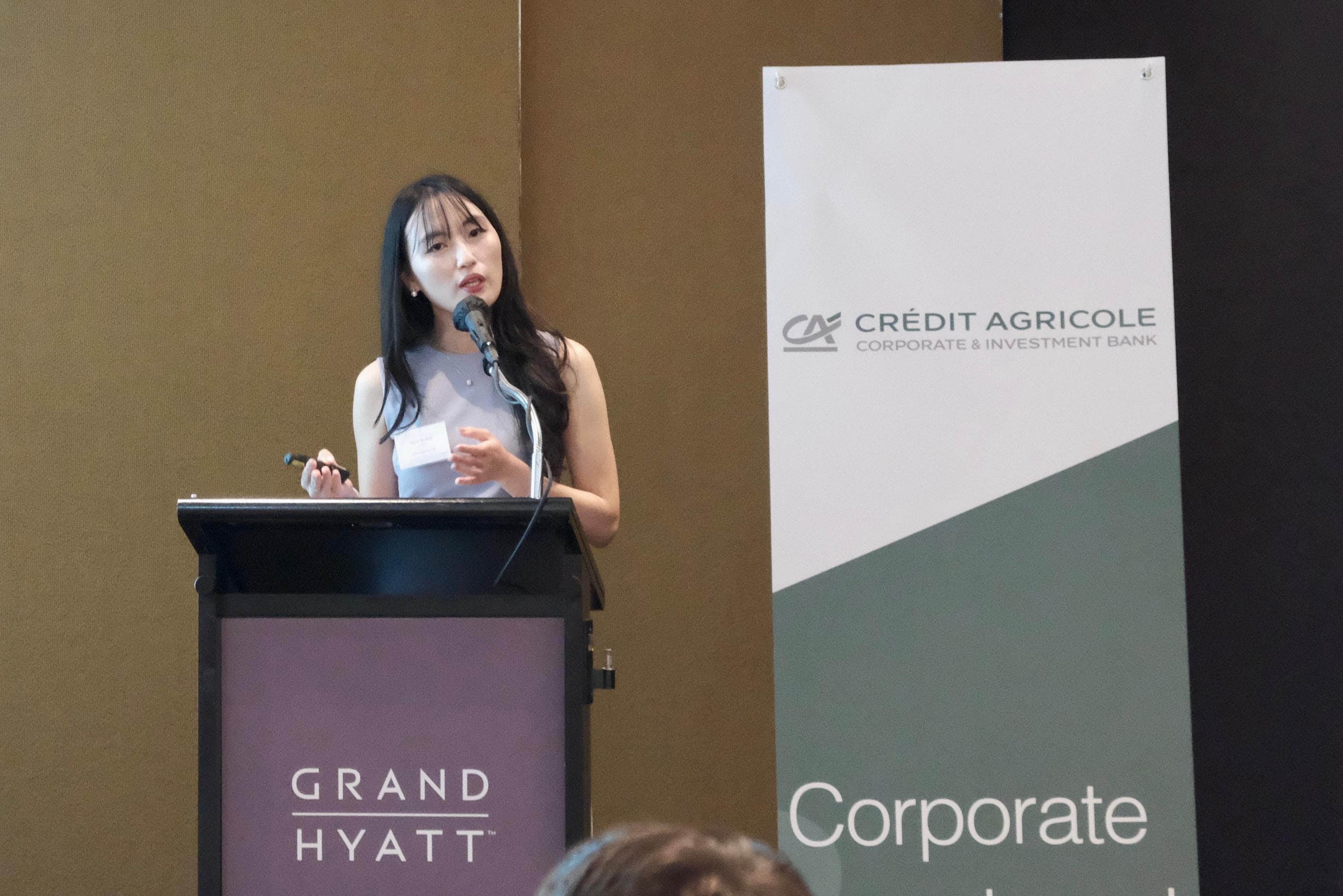Equator principles
In just a few years, the Equator Principles have become the benchmark for responsible project financing. Crédit Agricole CIB was the first French bank to sign up to the Equator Principles and contributed to their launch in 2003.
What are the Equator Principles?
The Equator Principles are a voluntary commitment to carry out detailed analysis of the environmental and social aspects of each new project financing and to require that projects be developed and operated in accordance with the environmental and social standards of the International Finance Corporation (IFC).
Created in June 2003, the Equator Principles Will open in a new tab have undergone several revisions, culminating in the release of their fourth version, Equator Principles 4 (EP4), in November 2019. Successive revisions have in particular extended the scope of application to a number of financial products relating to projects, and have gradually strengthened the criteria for assessing and managing their environmental and social impact.
Rating of projects according to the Equator Principles
The rating of projects according to the Equator Principles and their possible classification under “sensitive monitoring” are used to determine specific requirements imposed on borrowers: use of consultant analyses, additional studies, actions required and introduction of environmental and social requirements as contractual obligations in loan agreements.
The analysis of social and environmental aspects is incorporated into the usual credit request procedures, which are discussed by the salespeople and the Risk department. Compliance with commitments is monitored during the origination phase and at least once a year during the life of the loan.
However, the final validation of these analyses (EP category and sensitive monitoring classification) is the responsibility of the CERES Committee (Assessment Committee for Operations Presenting an Environmental or Social Risk). It is consulted prior to granting any credit for category A projects (projects with critical environmental or social impact) or in the event of disagreement between the parties involved in the analysis of the application. In addition, category A applications must be recommended by the CERES Committee before being approved by the Counterparty Risk Committee (CRC).
Teams and control bodies within Crédit Agricole CIB
Crédit Agricole CIB has developed a genuine sustainable development culture by making operational teams in project and export finance more accountable. Several teams and control bodies contribute to project analysis and monitoring.
Project finance teams
They have primary responsibility for daily compliance analysis (setting up rating grids, contact with promoters and external consultants, negotiation of loan terms, etc.).
Network of local contacts
This is made up of operational project finance staff and assists account managers with complex projects. As the link between the salespeople and the control and validation bodies, it ensures a first level of consistency in the application of the Equator Principles.
Export Finance Specialist
The Export Finance business line Will open in a new tab strengthened its structure in 2020 with the creation of a dedicated unit responsible for providing support to relationship managers in assessing and managing environmental and social risks related to export financing subject to the Equator Principles.
Specialist engineering consultants
Crédit Agricole S.A.’s Group Economic Research includes engineering consultants specialised by industrial sector. They bring their expertise and understanding of complex technical or environmental issues. They issue an expert opinion, particularly sought for category A projects (projects with critical environmental or social impact) or those under “sensitive monitoring”.
CERES Committee
The Committee, consisting of five permanent members and integrated into the Compliance Division, oversees the process of implementing and complying with the Equator Principles. Established in 2005 under the name “Equator Principles Committee (EP)”, it validates the EP categories classification after the Group Economic Research audit. It issues recommendations for category A projects (projects with critical environmental or social impact) before lending decisions are made. The CERES Committee also monitors category A projects or those under “sensitive monitoring”.
Coordination unit
The Coordination Unit ensures the operational functioning of this organisation (tools, training, procedures, etc.) with the help of all the specialists (Sustainable Banking Team, Environmental & Social Risks Team) and supports the network of local correspondents.
ESR team
Crédit Agricole CIB's Environmental & Social Risks (ESR) team provides support in the most complex cases and ensures the consistency of the methodologies and tools used. In liaison with the Coordination Unit, it represents Crédit Agricole CIB vis-à-vis the Equator Principles Association Will open in a new tab and its members, the International Finance Corporation and civil society.
To find out more...OUR OTHER TOPICS

Management of our daily environmental impacts

Our climate and sectorial policy

Our CSR policy


